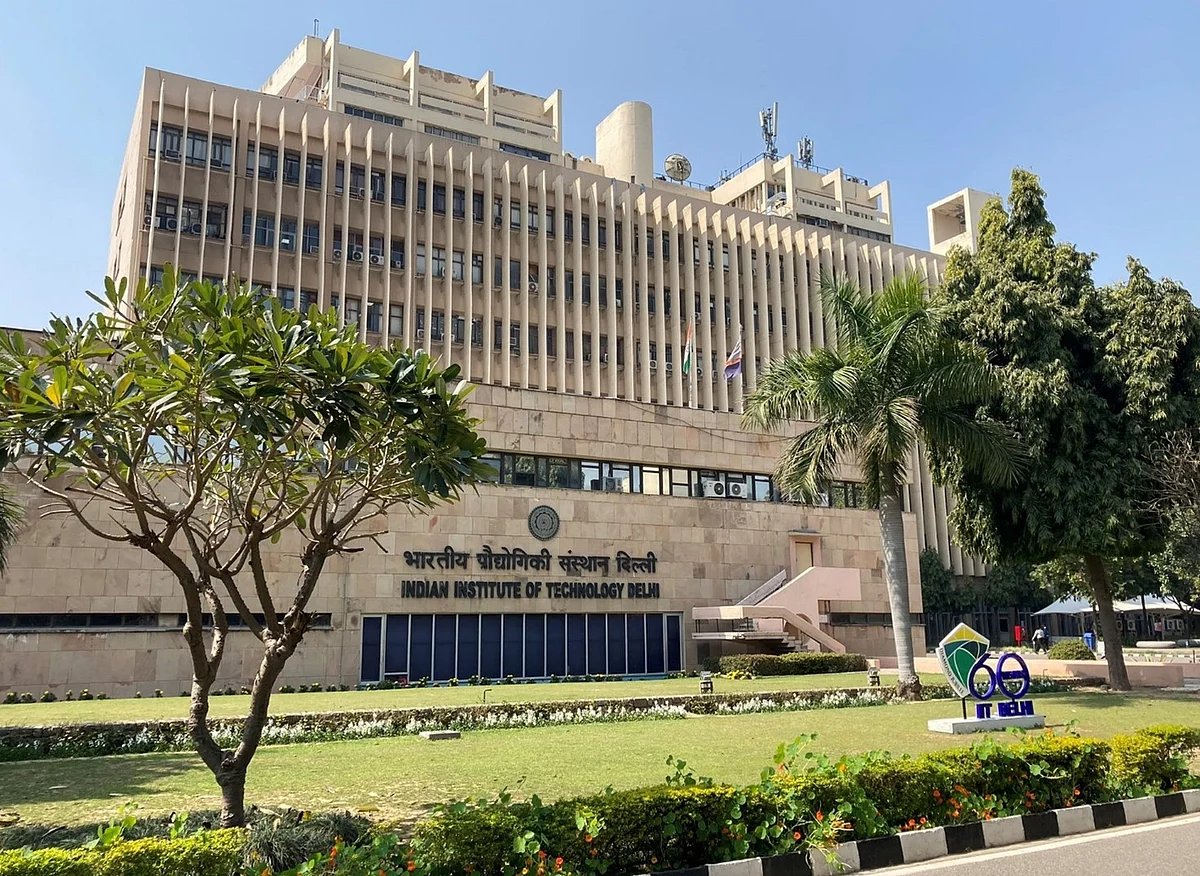
India Ranked As Asia's Top Research Hub In QS World University Rankings 2026
India has cemented its position as Asia's new research and innovation hub, according to the QS World University Rankings: Asia 2026, with many of its top institutions also operating branch campuses in the UAE.
According to a report by the QS Quacquarelli Symonds, the country now has 294 ranked universities, including 137 new entrants. India is the second most represented higher education system in Asia - behind only China (Mainland), which leads with 395 institutions.
Recommended For You Kaplan MENA hosts landmark Sustainability and ESG Forums in Riyadh and Dubai UAE weather tomorrow: Rains expected in some areas; temperatures to riseThe 17th edition of the rankings features 1,529 universities across 25 higher education systems - the largest ever - and highlights India's growing academic influence, particularly in research productivity, faculty strength, and employability outcomes.
Stay up to date with the latest news. Follow KT on WhatsApp Channels.
IIT Delhi leads, research drives India's riseThe (original) Indian Institute of Technology Delhi (IITD), which also has a branch campus in Abu Dhabi, remains India's highest-ranked university. It ranked 59th in Asia, maintaining its top national position for the fifth consecutive year. It is followed by the Indian Institute of Science (64th) and IIT Madras (70th).
India now boasts seven universities in Asia's top 100, 20 in the top 200, and 66 in the top 500 - a leap largely driven by research productivity.
The country dominates the Papers per Faculty indicator, with five universities ranked among Asia's top 10 and 28 in the top 50 - more than double China's tally. Leading the charge is Maulana Abul Kalam Azad University of Technology, West Bengal, which ranks first in Asia for research productivity.
It is followed by Bharathiar University (2nd), Indian Institute of Science (3rd), Anna University (5th), and IIT Madras (7th). In the Staff with PhD category, India performs equally well, with 45 universities in Asia's top 100, underscoring a strong emphasis on academic qualifications and faculty development.
'Transformation visible in data'Jessica Turner, CEO of QS Quacquarelli Symonds, said India's progress is now reflected in measurable outcomes.“India's higher education transformation is now visible in the data. In just five years since the National Education Policy was launched, India has built system-level capacity that is globally relevant and locally empowering.”
“The entry of over 130 Indian universities into this year's Asia Rankings is a strong signal of depth as well as breadth. As research ecosystems mature and international partnerships scale, India is positioning itself not only as a study destination but as a global knowledge leader shaping innovation, inclusion and sustainable growth across Asia," she added.
Delhi dubbed as the world's most affordable student city
Nineteen Indian universities achieved their highest-ever ranking this year, including Chandigarh University (109th), BITS Pilani (154th), Shoolini University (159th), and O.P. Jindal Global University (163rd).
Chandigarh University jumped 11 places to enter the top 110, while BITS Pilani's main campus (also has a Dubai campus) recorded steady improvement over the past five years. O.P. Jindal Global University, Lovely Professional University (187th), and the parent campus of Symbiosis International (200th) entered Asia's top 200 for the first time (Symbiosis International University also has a Dubai campus), reflecting India's growing private university strength.
Dr Ashwin Fernandes, QS Executive Director for Africa, Middle East and South Asia, said,“From affordability to research intensity, the data shows a system scaling quality at pace. Delhi's status as the world's most affordable student city, the surge of 137 new Indian entrants, and nearly 20 best-ever performers indicate widening access coupled with rising excellence.
"The next decade will be decisive: integrating global collaboration, digital competencies and industry partnership will enable Indian universities to power the region's innovation networks.”
Excelling in employer reputationIndia's top institutions continued to excel in Employer Reputation - a key indicator of graduate outcomes and industry trust. IIT Bombay ranked 11th in Asia in this category, followed by IIT Delhi (15th) and IIT Kanpur (33rd). Thirty-six Indian institutions improved their Employer Reputation scores, evidence of India's expanding recognition among global employers.
In Academic Reputation, IIT Bombay once again led Indian universities, ranking 26th in Asia. IIT Madras, IIT Guwahati, and IIT Roorkee all posted double-digit improvements, showcasing stronger global academic visibility.
However, India still trails regional leaders in internationalisation, particularly - including metrics such as international faculty and student mobility.
Experts suggest that strategic global partnerships, foreign collaborations, and cross-border research programs will be crucial to bridging this gap in the coming years.
Higher education shiftsAcross Asia, Hong Kong's University of Hong Kong dethroned Peking University to claim the top spot, while Singapore's National University and Nanyang Technological University shared third place.
However, much of the momentum in this year's rankings comes from South and Southeast Asia. Malaysia and Thailand showed significant improvements, while India's surge - particularly in research - underscores the region's shift towards broader, high-impact academic ecosystems.
Turner summed up the regional outlook:“Asia's universities are no longer just competing regionally - they are defining global standards for innovation, collaboration, and impact.
"The diversity of progress across the continent, from India's research leadership to Hong Kong's internationalisation and Malaysia's growing partnerships, reflects a higher education ecosystem in transformation.”

Legal Disclaimer:
MENAFN provides the
information “as is” without warranty of any kind. We do not accept
any responsibility or liability for the accuracy, content, images,
videos, licenses, completeness, legality, or reliability of the information
contained in this article. If you have any complaints or copyright
issues related to this article, kindly contact the provider above.


















Comments
No comment